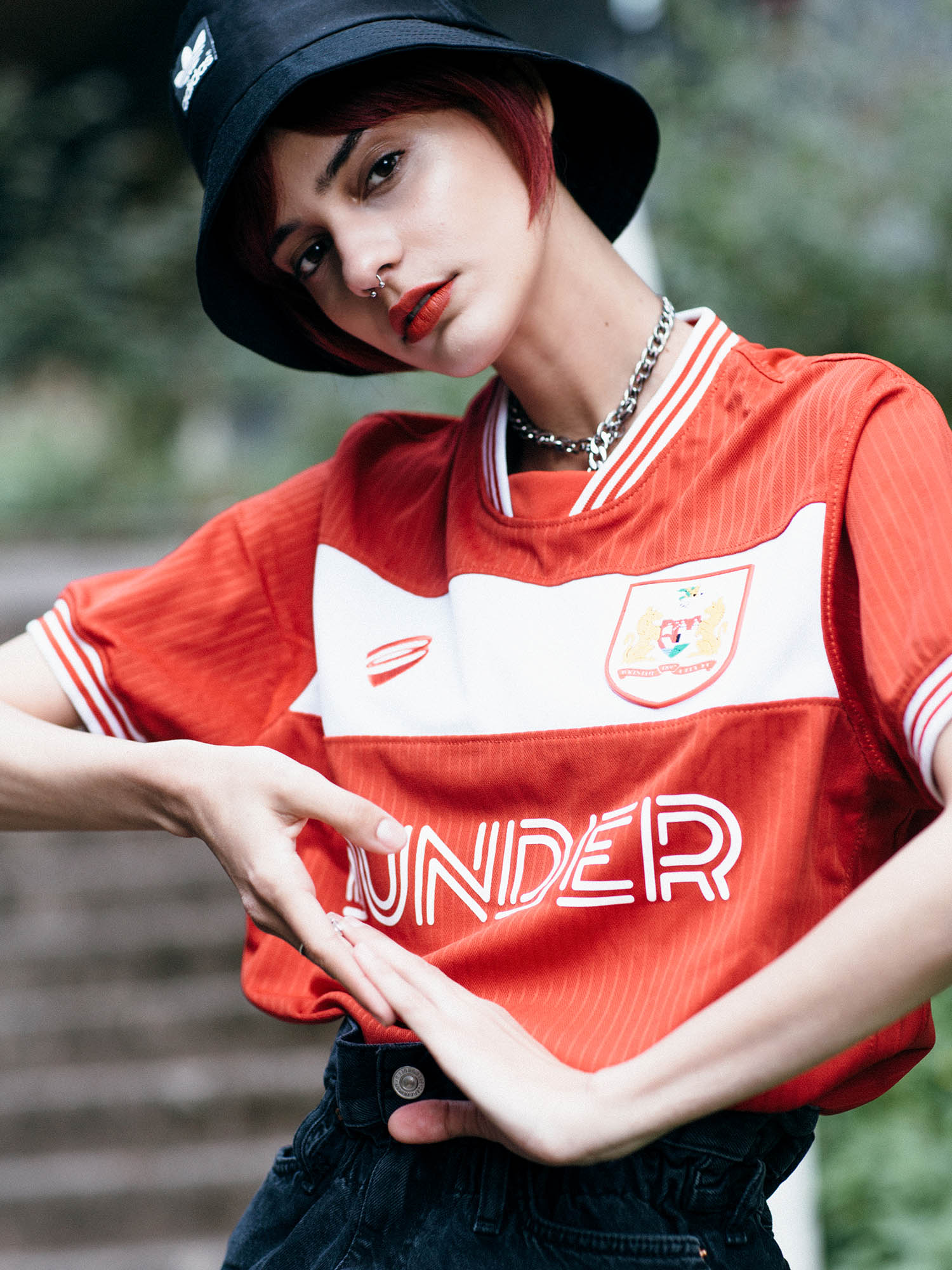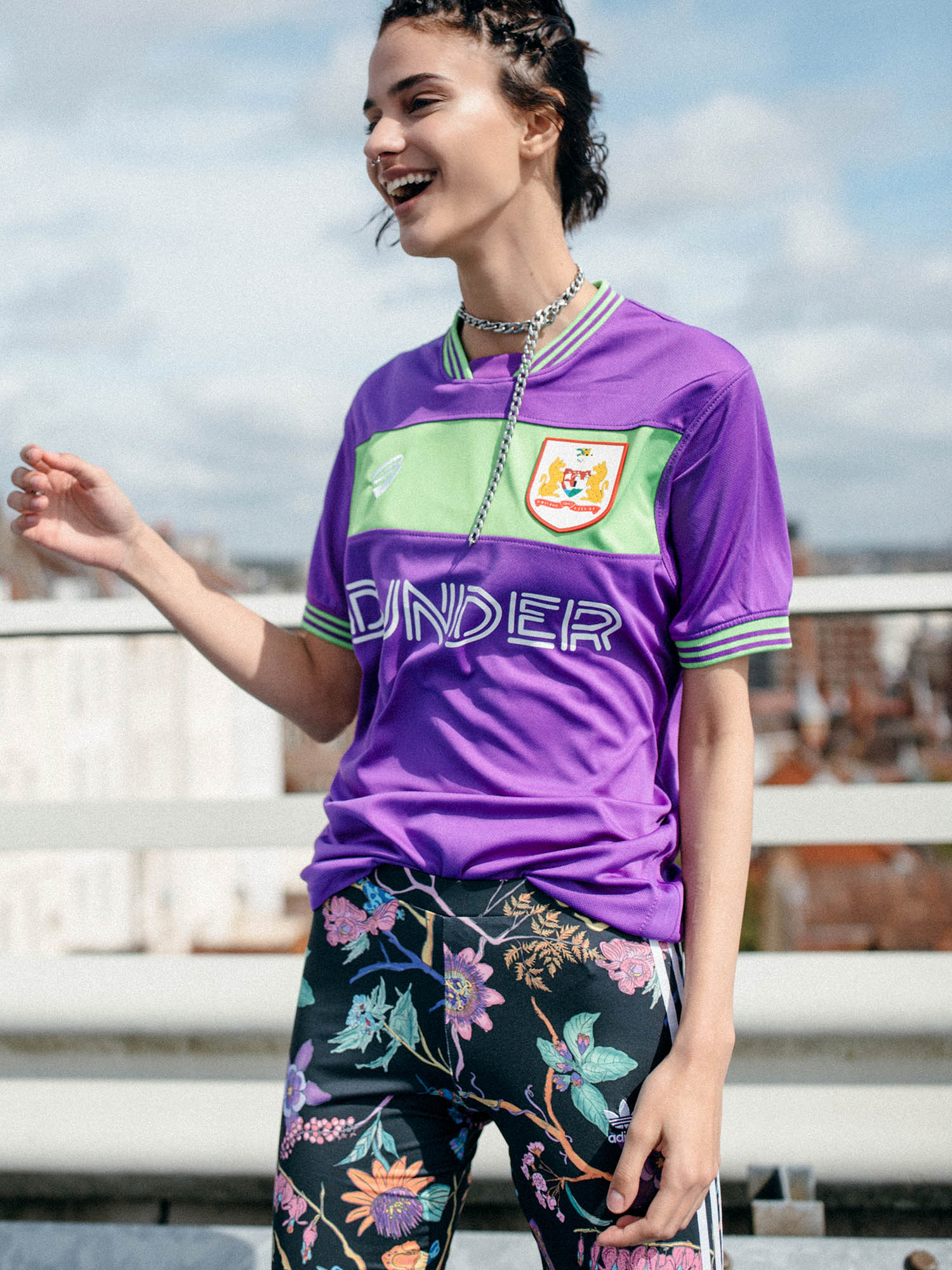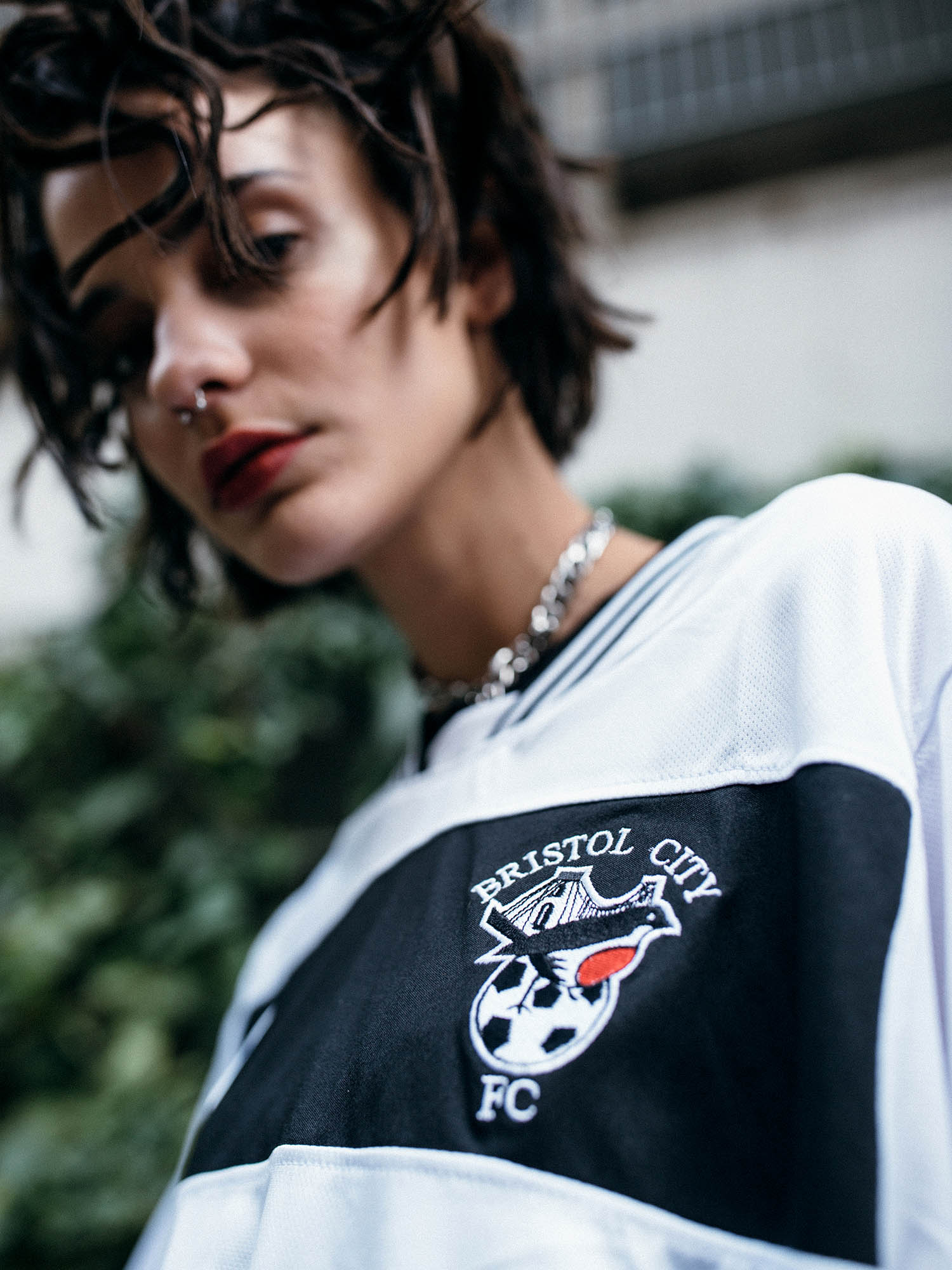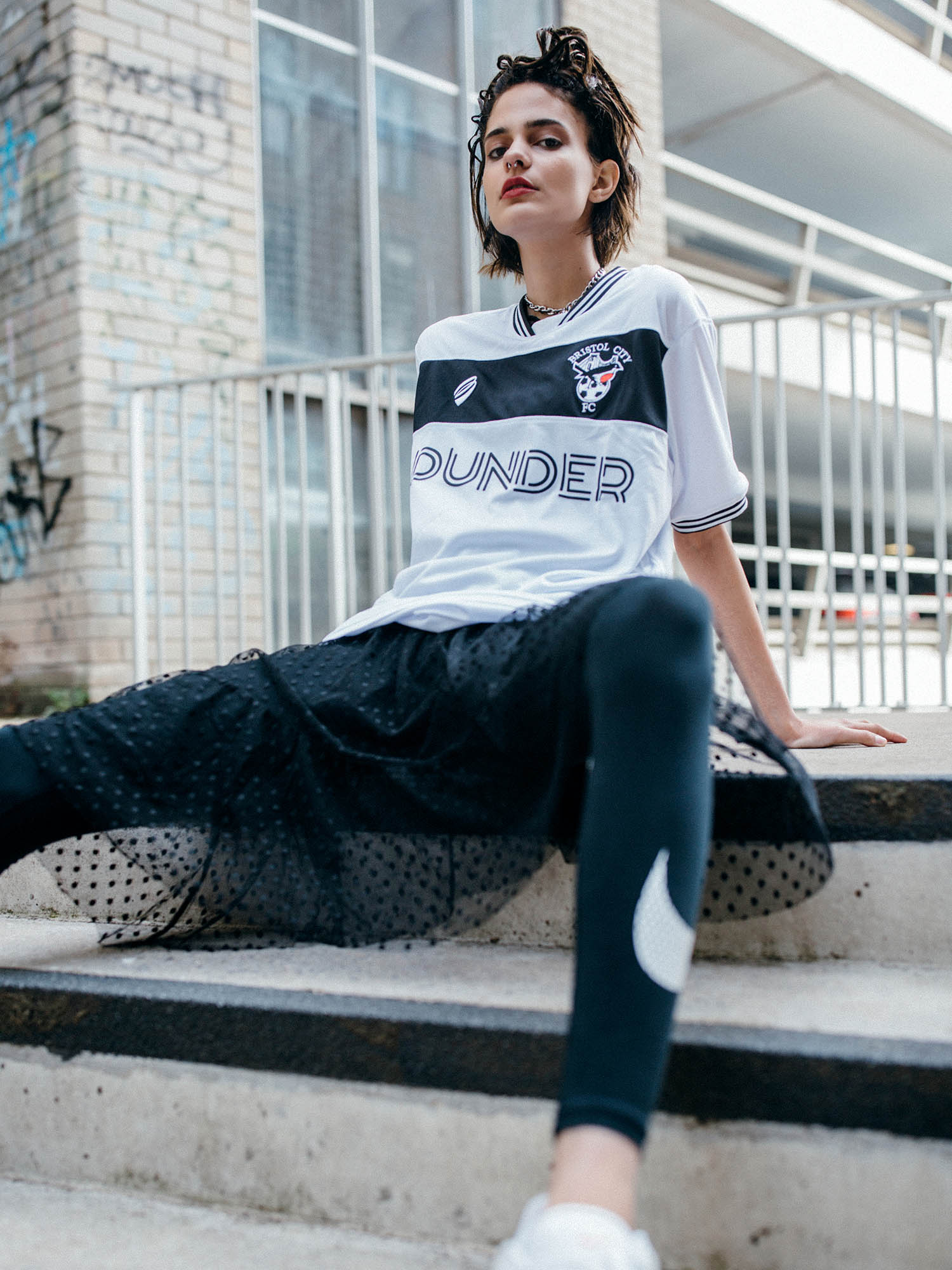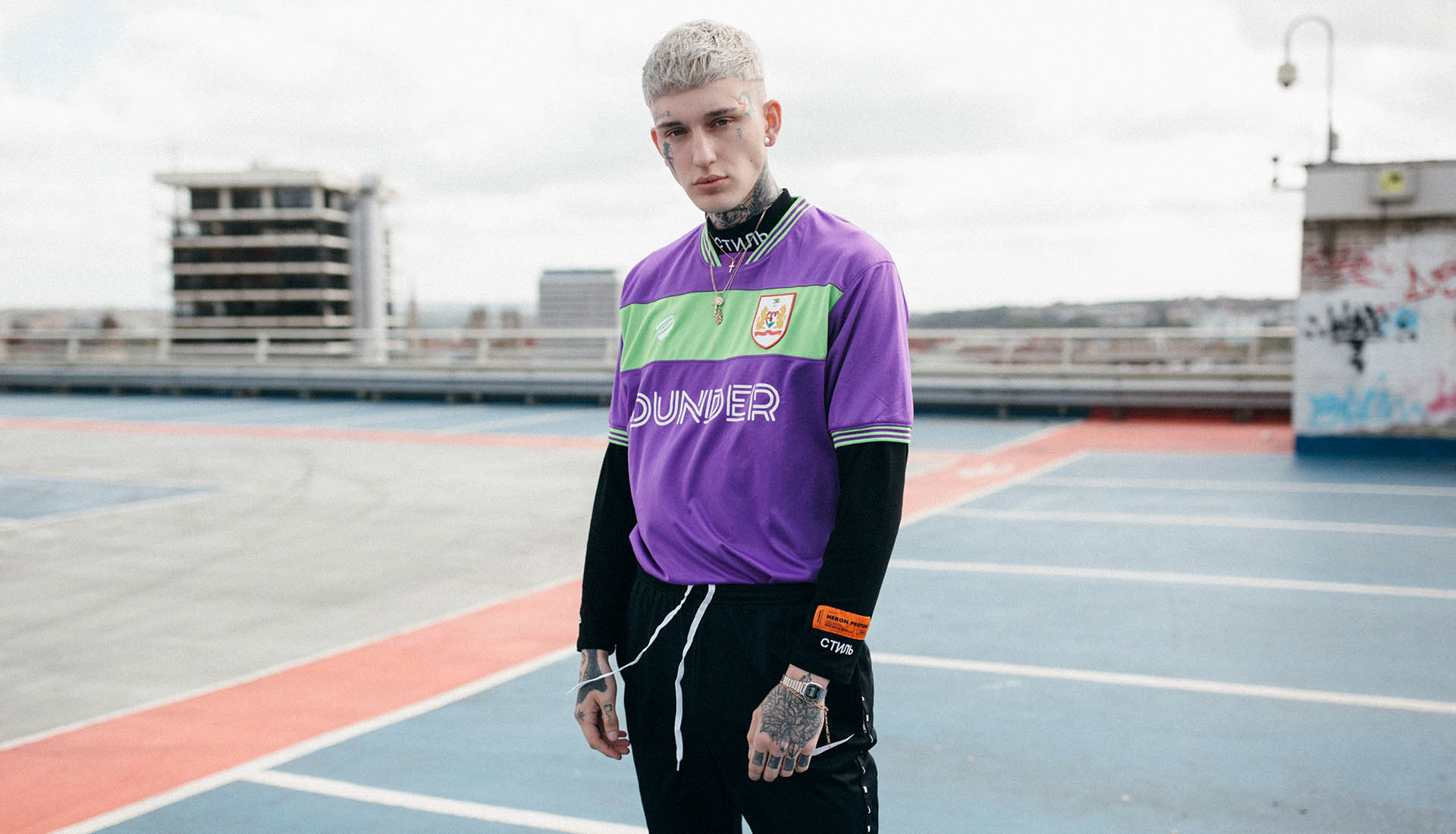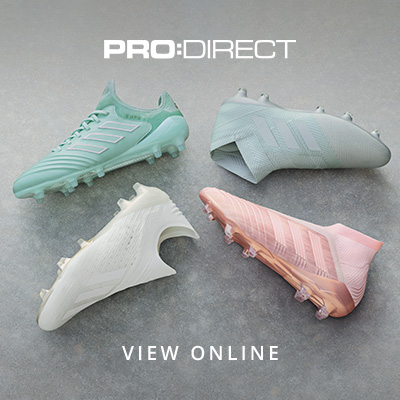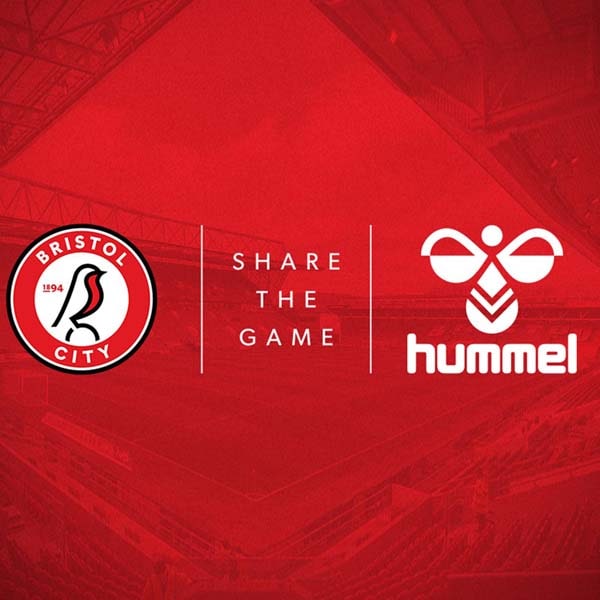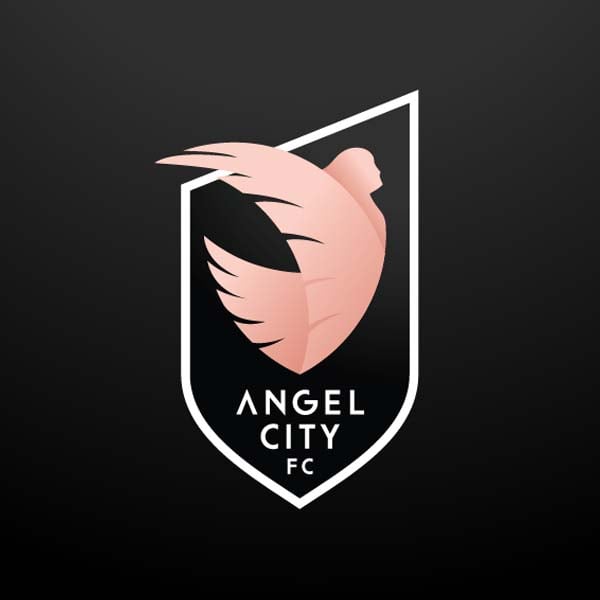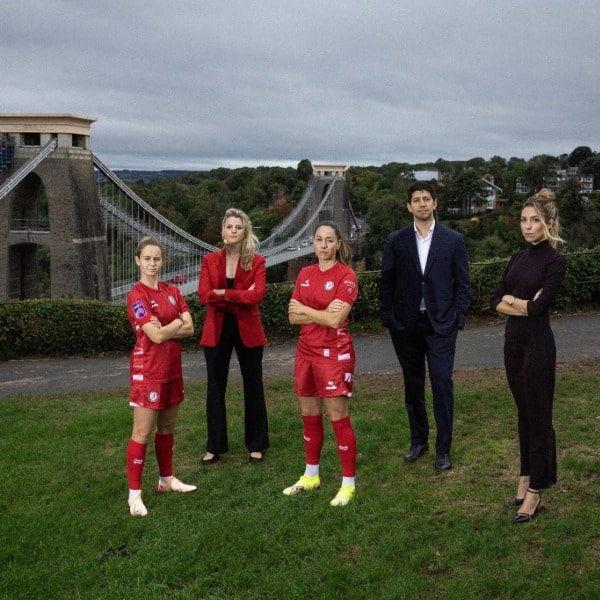Championship outfit Bristol City have stepped into the world of independent kit making in recent seasons. Through their own company 'Bristol Sport', they have created a model that may set a strong trend. Getting the bigger picture and a glimpse into their kit game from behind the scenes, we spoke to Vice-Chairman, Jon Lansdown as he discusses why they broke away from convention.
When Bristol Sport was first formed, was making your own kit something that was always on the agenda?
“It wasn’t the reason we set up Bristol Sport but at the time of setting it up, we were coming to the end of a deal with our kit supplier anyway and so we were looking at all the options - whether that was a new or different supplier - and one of the options that came out of those discussions was whether we should source our own kit to give us more flexibility. It started becoming a realistic option to source our own and put our own Bristol Sport brand on it.”
What were the contributing factors to making that decision?
“Being in the position where we could do that firstly was obviously a contributing factor but taking that opportunity was important. We had just been in a contract where you’re just getting template kits, you’re being shown colour kits for away kits you could have and then you’re being told the minimum orders and they were just numbers we couldn’t have. That experience means you never really feel that close contact with what should be a really emotional product that we all hold close."
"Signing off a home shirt would be more like you’re just being told you’re getting a red shirt not a green one and these are top end brands, you’d only have a choice of 2-3 templates and the one you’re signing off actually looks nothing like the finished product. You also know that other clubs would have had these kits previously or it might be their training-wear that you have as a first team shirt. It all means you’re left feeling like you don’t have that identity, which is so important to a club.”
Creating a sports manufacturing brand is a separate business in its own right, isn’t it?
“It is. Just making the kit for us, one club, is a business in itself and you certainly very quickly become focused on the quality of the product. For example, making sure it can’t get ripped off a players back is something we can’t have happen because then suddenly your brand is doubly associated with that and you haven’t got anyone else to blame if it goes wrong. On the other side to that, it is something that presents so many opportunities as well and it has definitely progressed well over the five years we’ve been working as Bristol Sport."
"You get more ambitious as you go and you get more comfortable in the designs as well because we get to refine them. So there’s definitely been a growth of the model but it’s been great to be able to do things from the start, for example a purple kit. We’ve wanted to do that for years but we couldn’t because no one could provide us with the right colourways and the right numbers. Just having the flexibility to try new things, that’s something I try and challenge to people across the business. Where we can try and do things differently, we should. Obviously don’t do it for the sake of it but make sure you take the right opportunity because you can do it.”
Creating product for professional standards, what are the challenges you face there?
“The creative bit is obviously the fun side of it as a football fan. When you grow up with the game, you learn what you do and don’t like in a shirt as well as bringing feedback from across many areas of the club. I guess the difficult challenge is that you’re not a Nike or an adidas with the base of thousands of kits in the archive to start from, so when you say you want your collar to look a certain way and it comes back completely different, we have to learn the finite detail very quickly and we need to start designing from a very specific starting point otherwise you can go down the line producing ten different collars all of which aren’t right. A real small element can bog you right down and also if you get a small element wrong it can ruin the whole kit. We started the process a few years back with a classic and simplistic design for that reason. Since then we’ve been gaining in confidence and developed the designs through the year on year learning.”
What does the design process look like?
“As soon as you’ve finished one, you move onto the next. To be honest, even before that, you’re always trying to refine those touch points such as labels and those details that people may not even notice but they make it more of a solid product as a whole. So once a kit is done we work through those but then you move onto the next and start with the fabrics and the design. From a personal point of view, I always like a simple, classic design. While over the last five years we’ve been trying to give a nod to previous shirts, we’re trying to make sure they’re contemporary so we’re not just replicating a previous kit. It’s important to tip our cap to the past kits as it gives us an opportunity to create something new but also give the fans something they can relate to. That kind of thinking is the freedom making our own kits gives us. It can be like a writer's block in a way because for me, the kit we made last season was a nod to one my favourites with the pin stripe but we’re always looking to improve having already got to a place where we’re really pleased with the product.”
On the creative side, you can obviously be more experimental, is that freedom something you’ve been able to experience?
“You’re always trying to take influence from as many different places as you can whilst also having an idea as to what you think will work. It’s important to obviously get the fan influence where you can. Having the robin on one of our kits this year is an example of that. Again, last year with the pinstripe shirt and an iconic purple away kit, it means that this year we needed to go looking for other elements the fans are craving. It might be one that splits opinion but whenever we’ve done polls in the past, it usually comes back that half the fans want to see the robin back on the shirt so being able to deliver that in the way we have one one of the shirts is a real positive and again differentiates the shirts and is something we wouldn’t have been able to do before.”
What do you think of personally when you see the likes of Spurs having an away kit that is the Barcelona training kit and that templated trap other clubs fall into?
“It was one of the frustrations that led to us coming out of the previous deal we had. There was a lack of control and we couldn’t try something expressive because if it was successful, we couldn’t reorder it as it would take months to arrive so for us now, if we catch something at the right time of year, we can turn around large orders in six weeks and replenish our stock as we go. So we can be far more nimble in the way we work. If something is successful for us then we have the opportunity to go again and so ultimately we have that freedom to be creative. Also it is nice just to be different. Right from the kit on the pitch to the training wear. If you’re two clubs playing in an adidas kit then your training wear is just going to be the same as someone else's but a different colour and I just think that whole sense of belonging for a supporter is so important. We want to have that sense of belonging and give our supporters something unique.”
Have you seen the explosion of jersey culture on a global level?
“For us, we’re always looking to do something different and perceptions change over time. When we were younger, you’d have to wear your posh shoes in a nightclub but now people will wear their best trainers and jeans, it’s just the next step. Why shouldn’t you be able to wear a stylish football shirt in a nightclub? Some of those link ups are interesting though and really pushing boundaries. On a club level, quite often supporters can go both ways when these things happen, some of them won’t like a link up or collaboration but at the same time, from a pure aesthetic point of view, some look very smart.”
What has the response been to the Bristol Sport kits over the last few season in comparison to say adidas kits before?
“It’s generally been massively positive. I’d say that’s because we’re doing things we’ve never been able to do before. Whether that’s the design or the colourways, we’ve been able to do things that people want. It’s also been able to let us do some really unique things. We give a replica shirt out as part of all junior season tickets. Because we can control the manufacturing process, the numbers, the quantity and everything else, it means that as part of a £50 season ticket, each child gets a shirt. That means the young kids of Bristol, when we do holiday camps and that sort of thing, it has a real impact. It’s nice to be able to deliver something we wouldn’t be able to do if we were tied into contracts with other brands.”
It must be refreshing to see kids wearing a Bristol City shirt over the likes of Man Utd, Arsenal, Chelsea etc…
“It was definitely a frustration for me when I was younger. I would have rather seen a kid wearing a Bristol Rovers shirt than a Man Utd one because you want them to feel attached to the city and their local team. By being able to give our young season ticket holders a shirt, it’s great to see the ambition of more Bristol City shirts out there come to fruition.”
Aston Villa are a club who have also experienced a real win from moving away from a more traditional manufacturer. Could you see this becoming a trend from sides in the Championship and below?
“I actually don’t see why a Premier League club couldn’t do that. Unless you are a top, top club and were given a massive deal from one of the big brands - even then you will just be cutting something up a different way as then it will come down to the numbers you shift - I think it’s only a matter of time before club’s decide to go down a different route. If you’re really breaking boundaries, it would be one of the top clubs that decides to do something like that, which would open eyes but their commercial focus may be elsewhere. I definitely think it makes sense for certain other clubs. It’s interesting to see what Villa have done. It’s not a business model we’ve taken out to the market or anything like that because it’s not our main focus.”
What are the aspirations for Bristol Sport as a manufacturing brand - is it simply to serve the needs of Bristol City or would you like to open it out to the market?
“I think in time we could. We’ve got the expertise and the experience, it just falls into a priority list. Right now it’s not top of that list. First of all, we want to service our own teams. If someone came to us then obviously we’d need to gauge it and we’ve done a number of small things for others but right now, it’s not something we’re actively going out there and promoting. With us it’s about the bigger picture as a whole. Hopefully people can start to say, “I like what they’re doing there” with the multi-sport approach, the stadium and future developments and they might say, “we’d like you to help us develop that here”. That overall model is something we’re developing and it could be the way many teams structure themselves in the future. The thing is with that still, is that I wouldn’t ever want to just replicate a model or structure. We’re independent and we may be able to help others be independent too. If we were to make kits for others then it would be about giving them the opportunity and for someone to want to do that they’d need to buy into that bigger way of thinking too.”
You must talk to other clubs about going down the route you have, what has the response been from the industry as it were?
“You do get a lot of interest but lower down the leagues there’s less people doing more jobs so often a longer kit deal is just easier as it looks after itself. The reality of it means that unless it was a league wide deal or one club had a multi-sport approach like we do then it is more of a function rather than something where someone can focus on doing something differently. The club in question would need to have the capacity to do it.”
Talking specifically about the 18/19 football kits, what has the response been to them in comparison to other seasons?
“Certainly in terms of having the robin on the shirt. That’s been hugely positive and we’ve seen a lot of good feedback on that. It was nice to be able to do a bit of retro training wear behind that too. The anthem jacket is one of those that when you see it for the first time, it has a great impression. An old fashion shell suit on a modern fit, it’s great to be able to do something like that, that you know people will love. Those are probably the overriding feelings and response we’ve had from this seasons kits. Nods back to kits in the mid-eighties though by shifting the placement of the bar that runs through the middle, it’s a nod to the past but a new design all the same.”
You also chose to bring back the Robin. Where did the decision come from and why now?
“It’s something we’ve always been aware of and in researching, there’s been approximately a 50/50 split, probably just a bit more in favour of the current crest but that’s still a lot of supporters. People like myself, when I was a teenager, we had the robin so it’s something a lot of fans grew up remembering our badge as and would really appreciate it. I think the kits from last season had been built up to for four seasons as somewhere we really wanted to get to so from there it was a case of where next. The timing just felt right and it would work with the colours. It also meant we could be a bit more experimental with the away kit as a special edition almost. It means by doing that, we can connect with a number of fans and produce something they genuinely want to wear. Also it’s not just creating something retro for the sake of it, this will be worn on pitch by the players too.”
Do you think this model is here to stay? How long do you plan to keep Bristol Sport the kit supplier for Bristol City?
“It will be, yes. Just because of the opportunity and freedom it gives us. I think it would take a very different proposition to make us think otherwise and it would almost present so many more hurdles to go back in a way. You’d have to get used to lead times, lack of control and everything else that it would have to be for serious financial reasons for us to go back to how it was. Even if we were to get promoted to the Premier League, I don’t think that would make enough of a difference for us to go another way. I’d love to be in that position to find out of course (!).”
On a personal level, what’s your relationship like with football kits, do they unlock memories for you?
“I definitely feel that way. That emotional connection is something we wanted to give people by bringing back the robin. I found an old England shirt on eBay recently from the early 90s and it had that effect on me, all of a sudden it brings back the memories of my first World Cup and you start to want that in your life. Although I may have only been six or seven, that’s what’s amazing about football, those feelings stay with you forever. Hopefully with the robin, people get that feeling of say standing on the terraces watching Stockport away. It’s something real.”
What’s been your favourite Bristol City shirt and why?
“It’s a tough one. I really do like the pinstripe we had last year because it referenced one of my favourites from my childhood. The ones you’ve got big memories attached to always stand out. The promotion shirt from a few seasons ago was special for that reason.”
In search of top flight football, Bristol City continue to battle it out in the Championship. One tier below the Premier League, they've taken measures towards creating a sustainable football club. Their next game is against Sheffield Wednesday on Sunday 7th October.
Photography by Dominika Scheibinger for SoccerBible.
MODELS: Ela, Aidan
MUA : Evie Robertson
HAIR: Lukas Szejka from Bristol Style Collective
STYLIST : Jo Simmons
VIDEO: Remco Merbis
